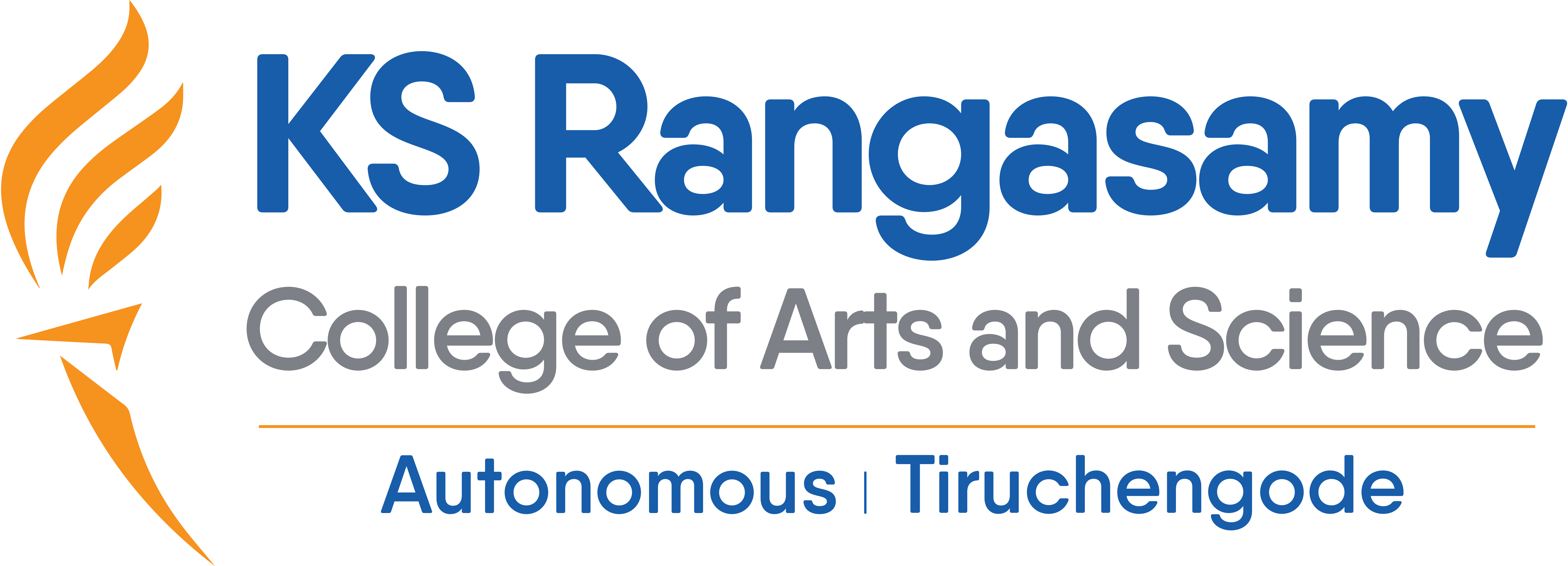- An Autonomous Institution
- Affiliated to Periyar University, Salem
- Approved by AICTE, New Delhi
- Accredited by NAAC with 'A' Grade
- Recognized with 2(f) & 12(B) status by UGC
-
KSR Kalvi Nagar, Tiruchengode - 637 215, Namakkal Dist, Tamil Nadu, INDIA.
-
Mail info@ksrcas.edu
-
College:+91 4288 274741 /+91 4288 274870 Admission: 9994612345
